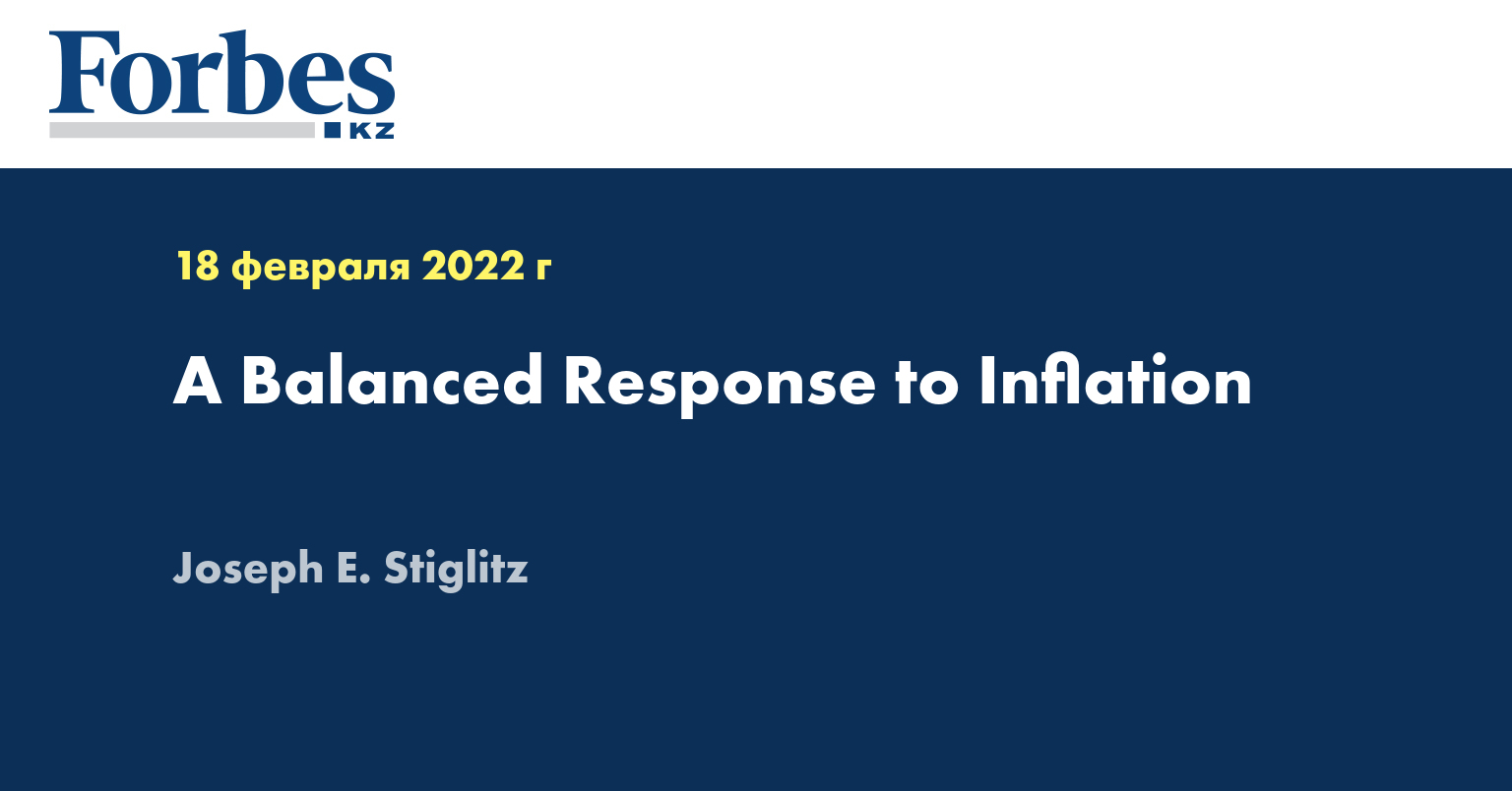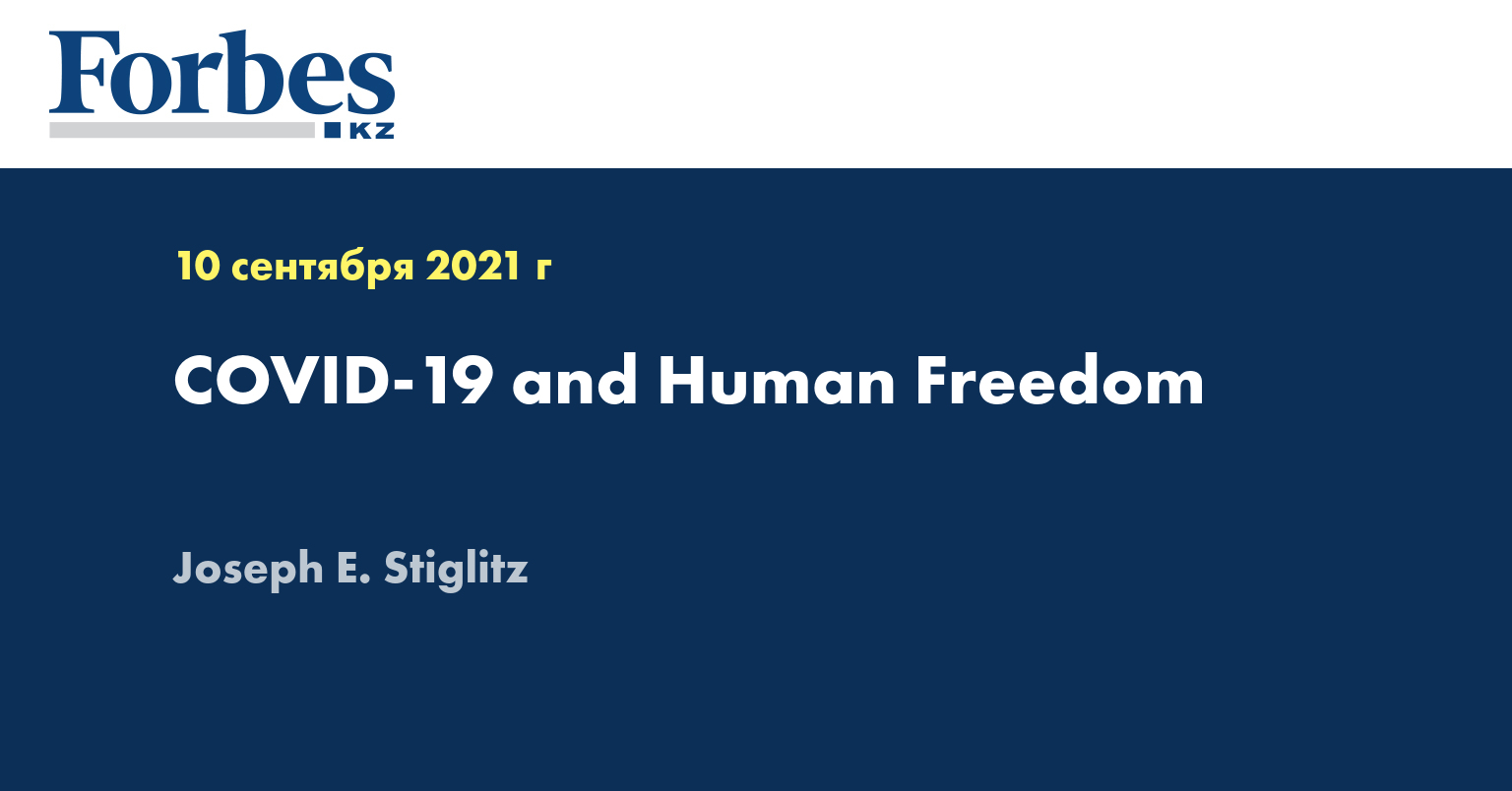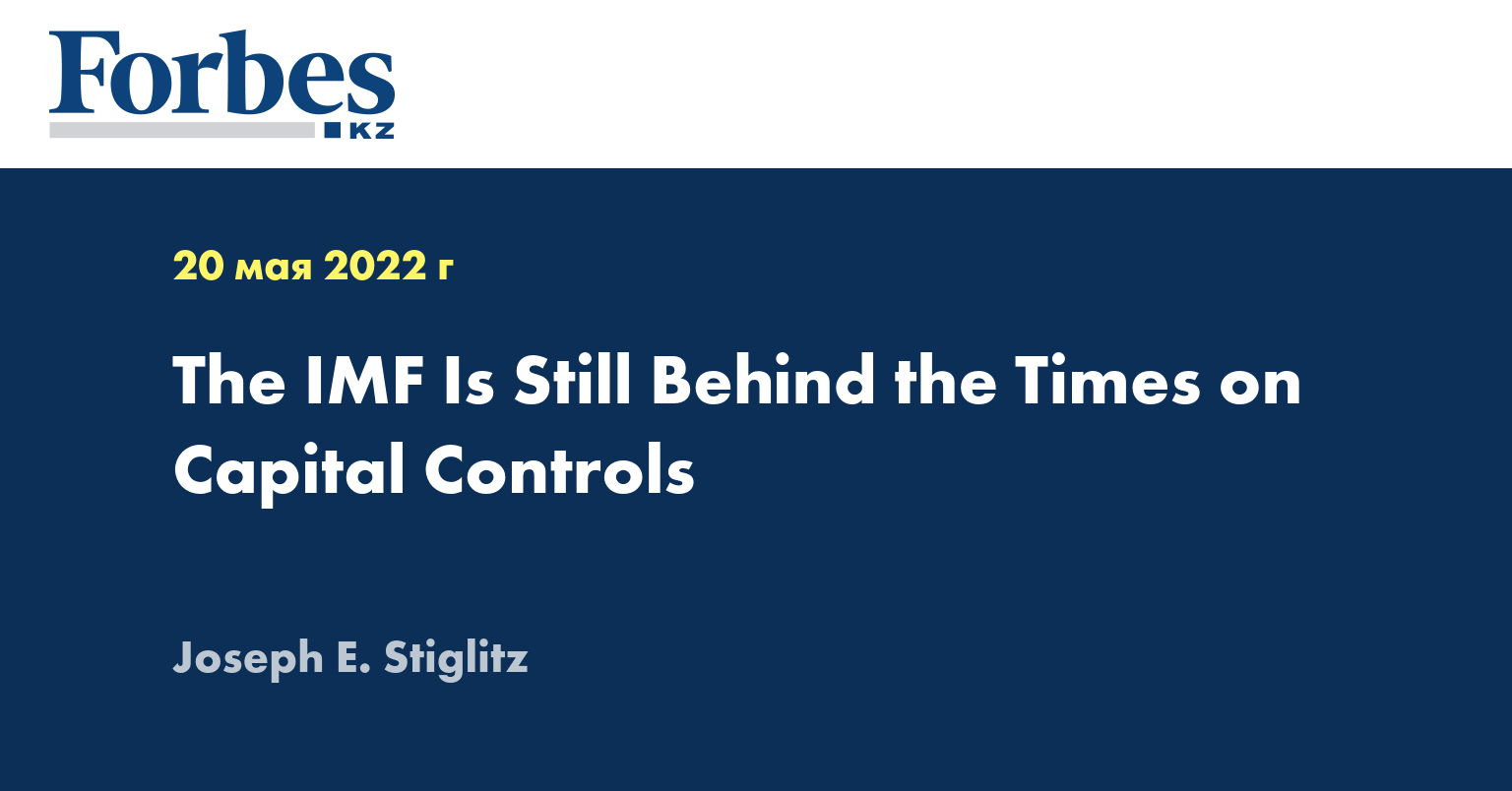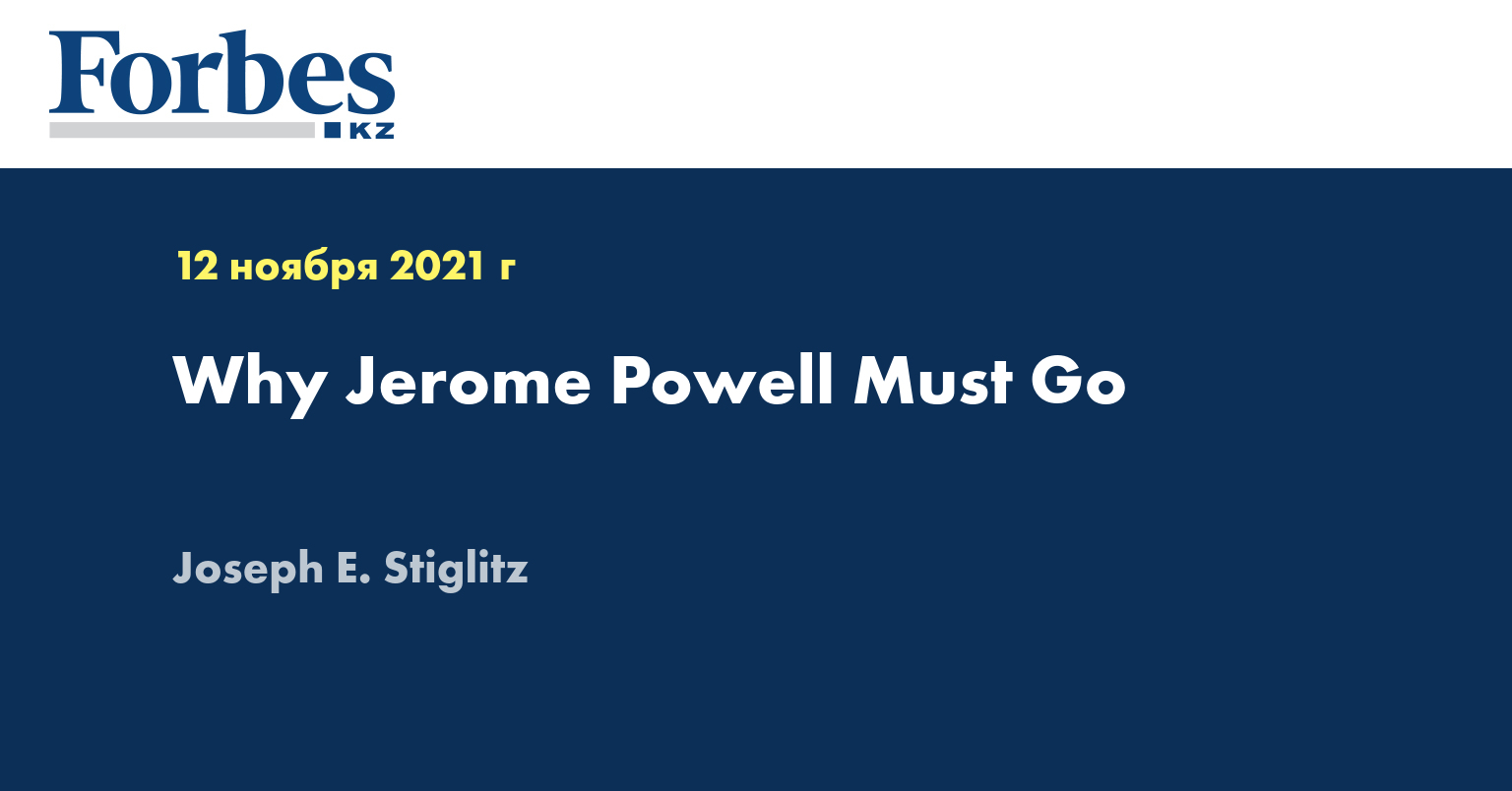NEW YORK – At the end of the Cold War, political scientist Francis Fukuyama wrote a celebrated essay called “The End of History?” Communism’s collapse, he argued, would clear the last obstacle separating the entire world from its destiny of liberal democracy and market economies. Many people agreed
08 ноября 2019
4 мин.
7392
NEW YORK – Globalization has gotten a bad rap in recent years, and often for good reason. But some critics, not least US President Donald Trump, place the blame in the wrong place, conjuring up a false image in which Europe, China, and developing countries have snookered America’s trade negotiators into bad deals, leading to Americans’ current woes. It’s an absurd claim: after all, it was America – or, rather, corporate America – that wrote the rules of globalization in the first place
08 октября 2019
5 мин.
11747
NEW YORK – For four decades, the prevailing doctrine in the United States has been that corporations should maximize shareholder value – meaning profits and share prices – here and now, come what may, regardless of the consequences to workers, customers, suppliers, and communities. So the statement endorsing stakeholder capitalism, signed earlier this month by virtually all the members of the US Business Roundtable, has caused quite a stir. After all, these are the CEOs of America’s most powerful corporations, telling Americans and the world that business is about more than the bottom line. That is quite an about-face. Or is it?
02 сентября 2019
5 мин.
15258
NEW YORK – In the new world wrought by US President Donald Trump, where one shock follows another, there is never time to think through fully the implications of the events with which we are bombarded. In late July, the Federal Reserve Board reversed its policy of returning interest rates to more normal levels, after a decade of ultra-low rates in the wake of the Great Recession. Then, the United States had another two mass gun killings in under 24 hours, bringing the total for the year to 255 – more than one a day. And a trade war with China, which Trump had tweeted would be “good, and easy to win,” entered a new, more dangerous phase, rattling markets and posing the threat of a new cold war
13 августа 2019
4 мин.
8542
NEW YORK – Facebook and some of its corporate allies have decided that what the world really needs is another cryptocurrency, and that launching one is the best way to use the vast talents at their disposal. The fact that Facebook thinks so reveals much about what is wrong with twenty-first-century American capitalism
17 июля 2019
5 мин.
10338
NEW YORK – What kind of economic system is most conducive to human wellbeing? That question has come to define the current era, because, after 40 years of neoliberalism in the United States and other advanced economies, we know what doesn’t work
31 мая 2019
5 мин.
7636
NEW YORK – Kirstjen Nielsen’s forced resignation as US Secretary of Homeland Security is no reason to celebrate. Yes, she presided over the forced separation of families at the US border, notoriously housing young children in wire cages. But Nielsen’s departure is not likely to bring any improvement, as President Donald Trump wants to replace her with someone who will carry out his anti-immigrant policies even more ruthlessly
15 апреля 2019
5 мин.
12408
The world’s advanced economies are suffering from a number of deep-seated problems. In the United States, in particular, inequality is at its highest since 1928, and GDP growth remains woefully tepid compared to the decades after World War II
14 марта 2019
5 мин.
11393
Although some supply shortages were anticipated as the global economy reopened after the COVID-19 lockdowns, they have proved more pervasive, and less transitory, than had been hoped
18 февраля 2022
5 мин.
79251
Although COVID-19 has been hard on everyone, it has not been an “equal opportunity” disease
16 января 2022
5 мин.
74674
The World Economic Forum’s first meeting in more than two years was markedly different from the many previous Davos conferences that I have attended since 1995
12 июня 2022
5 мин.
67350
The global economy will not return to normal until the disease is under control everywhere
10 сентября 2021
4 мин.
65717
The IMF’s job is to prevent national policies from generating negative international spillovers
20 мая 2022
5 мин.
63762
There is near-unanimous agreement that vaccinating the entire world is the only way to end the pandemic
08 декабря 2021
5 мин.
62720
US Senate Democrats’ compromise bill, the Inflation Reduction Act (IRA) of 2022, addresses not just inflation but also several key longstanding problems facing our economy and society
14 августа 2022
6 мин.
61690
US President Joe Biden faces a critical decision
12 ноября 2021
5 мин.
53812
The Republican Party has long wrapped itself in the American flag, claiming to be the defender of «freedom»
05 марта 2023
5 мин.
52146
Following the annual meetings of the International Monetary Fund and the World Bank this month, the Middle East is teetering on the edge of a major conflict, and the rest of the world continues to fracture along new economic and geopolitical lines
25 октября 2023
6 мин.
49013
The World Economic Forum’s first meeting in more than two years was markedly different from the many previous Davos conferences that I have attended since 1995
12 июня 2022
5 мин.
67350
Central banks’ unwavering determination to increase interest rates is truly remarkable
17 декабря 2022
5 мин.
19569
The world’s advanced economies are suffering from a number of deep-seated problems. In the United States, in particular, inequality is at its highest since 1928, and GDP growth remains woefully tepid compared to the decades after World War II
14 марта 2019
5 мин.
11393
Following the annual meetings of the International Monetary Fund and the World Bank this month, the Middle East is teetering on the edge of a major conflict, and the rest of the world continues to fracture along new economic and geopolitical lines
25 октября 2023
6 мин.
49013
As the world was recovering from the pandemic, inflation shot up, owing to widespread disruptions to global supply chains and sudden changes in patterns of demand
14 ноября 2023
5 мин.
27000
Casual observers of the recent United Nations Climate Change Conference in Dubai (COP28) can be forgiven for attributing high stakes to the event
04 февраля 2024
6 мин.
37062
While we are all paying a steep price for climate change already, today’s children and young people will have to endure far worse conditions, and for far longer
21 марта 2024
5 мин.
26000
NEW YORK – Kirstjen Nielsen’s forced resignation as US Secretary of Homeland Security is no reason to celebrate. Yes, she presided over the forced separation of families at the US border, notoriously housing young children in wire cages. But Nielsen’s departure is not likely to bring any improvement, as President Donald Trump wants to replace her with someone who will carry out his anti-immigrant policies even more ruthlessly
15 апреля 2019
5 мин.
12408
The International Monetary Fund is showing promising signs of changing with the times
23 марта 2022
6 мин.
36274
In the last few years, globalization has come under renewed attack. Some of the criticisms may be misplaced, but one is spot on: globalization has enabled large multinationals, like Apple, Google, and Starbucks, to avoid paying tax
22 февраля 2019
4 мин.
12046
У автора нет статей, опубликованных в журнале Forbes Kazakhstan
Новости партнёров
Выбор редактора
Обсуждаемые в Соцсетях
Самые Читаемые




























